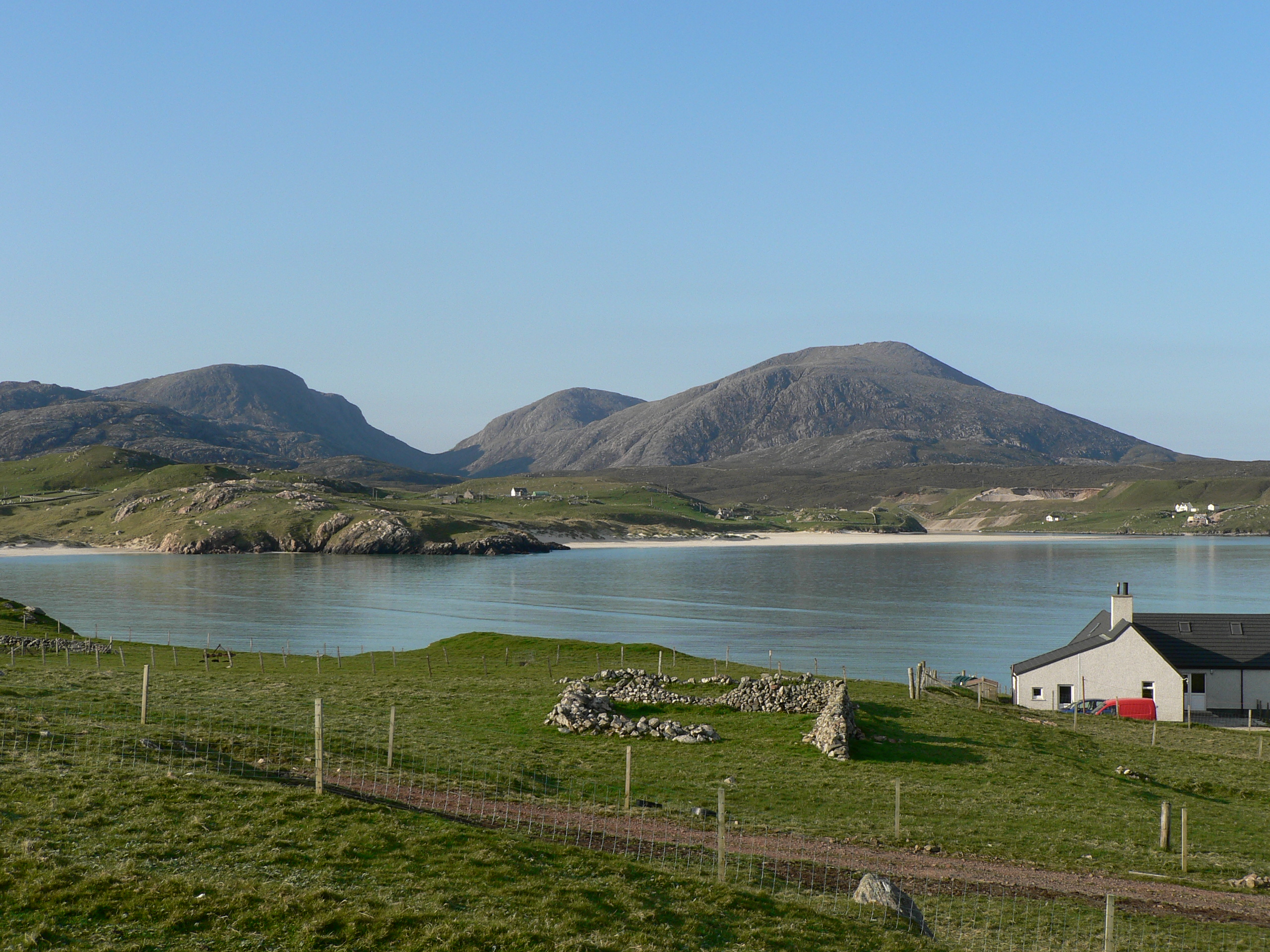Donald Òg Macaulay of Brenish, Part I
Donald Òg was the younger of two sons called Donald, born to Dugald Macaulay, tacksman of Brenish, in the late 17th century; he was the great-grandson of Domhnall Càm. Rev William Matheson’s columns on the Macaulays, published in the Gazette in the 1950s, include several stories about Donald Òg drawn from the Morrison manuscripts. He writes:
According to Morrison, Donald Òg Macaulay of “Brenish fought on the King’s side at Culloden”. The historical basis of this statement is probably that in the Independent Company raised in Lewis for the service of the Crown in 1745, the rank of Lieutenant was held by Donald Macaulay. So far from fighting at Culloden, however, the company apparently never joined the others who served under the Earl of Loudon. Perhaps we find the explanation in a tradition that about this time the Lewis fighting men sailed across the Minch, only to be met at Poolewe by Seaforth, who waved them back to Lewis with a sheep’s jawbone he happened to be picking at the time – an incident that has been remembered because it is supposed to have fulfilled an alleged prophecy of Coinneach Odhar.
Other traditions about Donald represent him as an enthusiastic swordsman, though evidently “his skill is said to have been less than he himself supposed”:
Donald once travelled as far as Bute in search of foremen worthy of his steel. He was accompanied by John Morrison (Iain mac Aonghuis mhic Ruraidh) who is described as tacksman of Galson – of whom, however, there is no trace in the records. According to Morrison, “they were the two stoutest men of their time in Lewis.” At the end of their stay in Bute they requested the use of a boat belonging to their host to ferry them across to Cowal, and offered to pay. But he told them they would have to wait until his servants came to take charge of the boat. In their impatience at the delay they took matters into their own hands and launched the boat while they were looking for oars their host pulled it back onto the beach. It was a heavy ferry-boat that had taken their united strength to launch, and they were so astonished at this feat that they accepted an invitation to stay somewhat longer.
Over the flowing bowl, they disclosed the nature of their mission, and were treated to a homily on the foolishness and vanity of what they had in mind. The story goes on to say that this made a considerable impression, coming from a man of such physical prowess, and that the Lewismen returned home in a suitably chastened frame of mind.
Another story tells of how Donald Òg and Kenneth Mackenzie, tacksman of Laxay, went to challenge Donald Macleod of Berneray but on the way met Angus Macleod of Horgabost in Harris (Aonghus Beag mac Dhonnchaidh mhig Aonghuis) who was wearing his sword, christened An t-Uan, “with a view to trying conclusions with the visitors.”
Morrison gives us an example of the kind of taunting which took place on such occasions. “B’e sin claidheamh air slios garlaoich“, said Kenneth Mackenzie. “Diurta thuirt thu,” said Angus Macleod. “Thuirt e an fhirinn,” said Donald Macaulay; “B’e sin claidheamh an s-seoid air slios a’ gharlaoich.” *
This resulted in a challenge from Macleod and it was agreed to fight the following day. But the Harris people, wishing to avoid bloodshed, persuaded the two Lewis protagonists to return home. When Macleod arrived at the rendezvous and found what had happened, he is said to have killed a dog on the spot as an expression of contempt. There are several variants of this tradition, in some of which the duel between Angus Macleod and Donald Òg Macaulay takes place, with the latter getting the worst of the encounter.
By 1740 Donald Òg was tacksman of Brenish and Ardroil (including Capadale, Pennydonald and Balnicol), with grazings as far as the Harris border. More on Donald and his complicated marriages is here.
(* Perhaps a reader whose Gaelic is better than mine can suggest a suitably taunting translation.)

